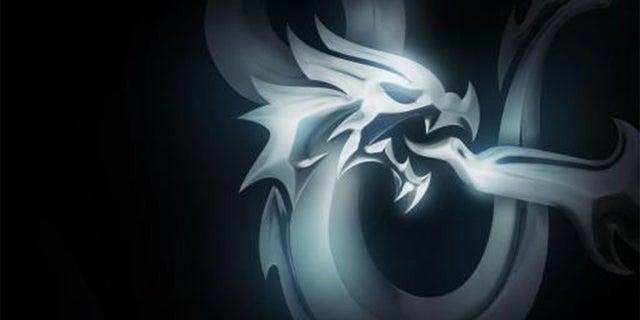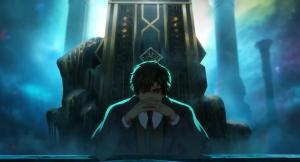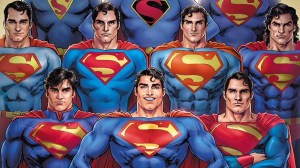Did Dungeons & Dragons really purge their books of “problematic” lore? Of course not – but Wizards of the Coast still had to release an explanation for why it made several minor changes to several of its rulebooks. The online Dungeons & Dragons communities exploded this week when Wizards of the Coast released several errata documents making several changes to previously published book. Some of these changes were mechanical in nature, while others removed bits of inadvertently insensitive material from past books (such as suggesting that villains should be given a stutter as a defining characteristic). However, some players were dismayed to learned that Wizards of the Coast had pared down bits of lore from Volo’s Guide to Monsters, a book that provided in-depth looks at popular monsters like beholders, mind flayers, or yuan-ti.
Videos by ComicBook.com
The flavor text removed from the books were roleplaying suggestions that certain creatures uniformly behaved a certain way, such as noting that “Gnolls have little variation in personality and outlook” or that “a kobold acknowledges its weakness in the face of a hostile world.” While many recognized that these changes were being made to avoid dealing in absolutes, that didn’t stop some fans from claiming that D&D was “purging” their lore or sanitizing it of anything problematic. Coupled with the removal of racial alignment in the errata, some players claimed that this was some attempt to homogenize the game or water down aspects of the game as not to offend.
However, the actual explanation has little to do with removing “problematic” content and more with recognizing that D&D’s canon exists in a multiverse with a variety of different cultures. D&D Studio lead Ray Winninger wrote an update on their website yesterday explaining some of the changes made to various D&D rulebooks. “I’ve previously noted that new setting products are a major area of focus for the Studio going forward,” Winninger wrote. “As part of that effort, our reminders that D&D supports not just The Forgotten Realms but a multitude of worlds are getting more explicit. Since the nature of creatures and cultures vary from world to world, we’re being extra careful about making authoritative statements about such things without providing appropriate context.” Winninger noted that orcs from Greyhawk are very different from orcs in Eberron, while orcs that exist in the Forgotten Realms can be very different based on which culture they’re from.
Winninger also confirmed that the roleplaying sections from the books were removed because they suggested a universality to certain types of creatures. “We also removed a couple paragraphs suggesting that all mind flayers or all beholders (for instance) share a single, stock personality,” Winninger wrote. “We’ve long advised DMs that one way to make adventures and campaigns more memorable is to populate them with unique and interesting characters. These paragraphs stood in conflict with that advice. We didn’t alter the essential natures of these creatures or how they fit into our settings at all.” Winninger noted that mind flayers still eat the brains of humanoids, which means they tend to be evil.
No actual lore changes were made with the most errata, but the documents did serve to bring the books more in line with the design team’s current philosophy. If there’s one thing the recent “controversy” did seem to reveal, it’s that the D&D team needs to release more lore to match their stated goals of showing a variety of cultures, personalities, and behaviors. It’s fine to say that all orcs don’t act a certain way, but it’s much better to show that by presenting nuanced cultures and backgrounds that exist within the scope of D&D’s many worlds. Presenting different cultures would also serve to make D&D’s various races (which recently received updated rules that removed mechanical benefits tied to universal cultural assumptions) feel more unique by comparison. In the meantime, Dungeons & Dragons fans can rest easy knowing that mind flayers still want to eat their characters’ brains.









